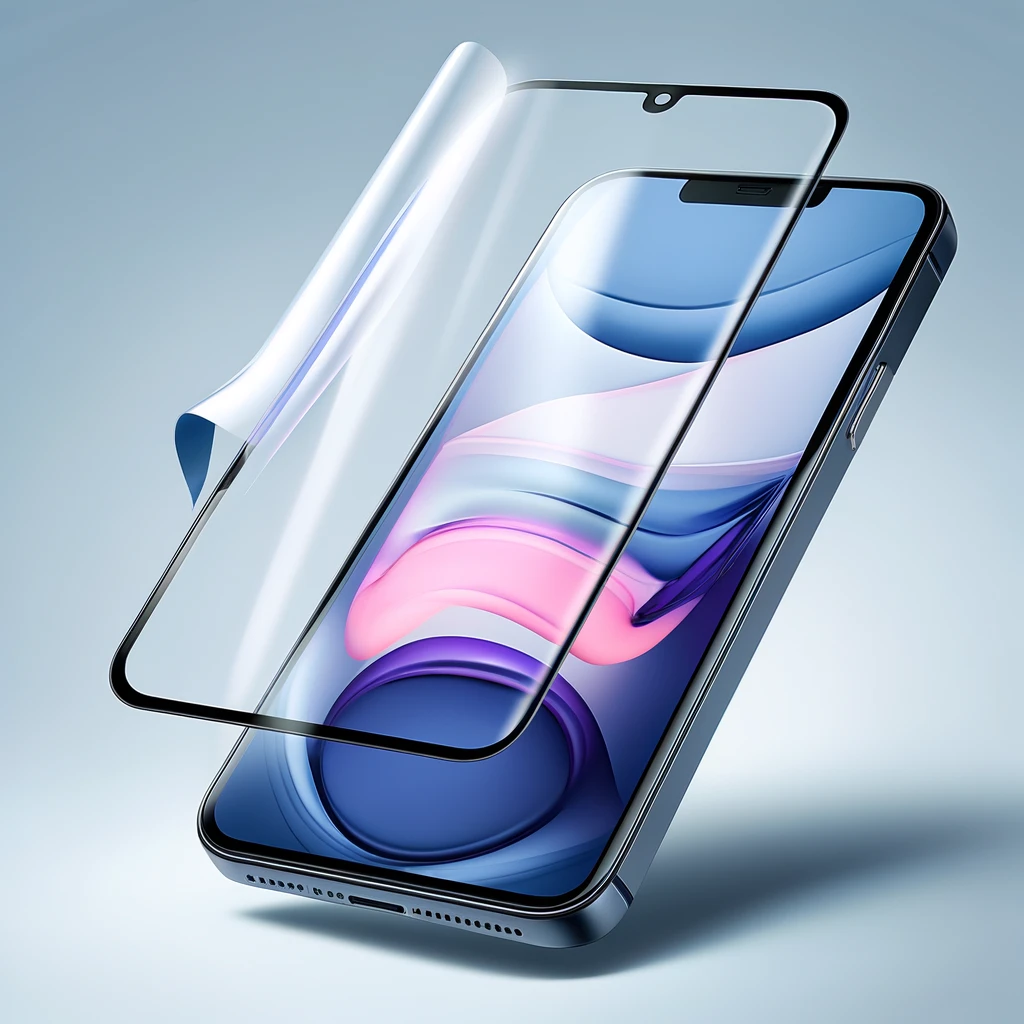Blog
The Clear and Clever Plastic: All About PET Film
Introduction
In the realm of mobile device protection, PET (Polyethylene Terephthalate) film stands out as a cornerstone material, offering a blend of clarity, durability, and versatility. As a leading provider of waterproof cases and screen protectors for iPhones, Samsung, Google Pixel, and iWatch in Australia, Coral Case brings to light the importance and benefits of PET film in everyday device safeguarding. This comprehensive guide will explore what PET film is, its advantages, and why it is an indispensable part of modern mobile protection.
What is PET Film?
Polyethylene Terephthalate, commonly known as PET, is a type of polyester that is molded into plastic sheets and used extensively in various industries, including food packaging, fabric manufacturing, and notably in screen protectors for electronic devices. Its excellent optical clarity and mechanical strength make it a preferred material for protecting smartphone and tablet screens from scratches and impacts.
Properties and Advantages of PET Film
1. Optical Clarity: PET film is renowned for its superior clarity, ensuring that screen visibility is not compromised. This feature is crucial for maintaining the vibrant display quality of modern devices, making PET an ideal material for screen protectors.
2. Durability and Scratch Resistance: While PET is not as hard as tempered glass, it offers commendable resistance to scratches, which helps in maintaining the aesthetic appeal and functionality of device screens.
3. Flexibility: Unlike rigid screen protectors, PET film is highly flexible, which allows it to cover curved edges of devices, providing more comprehensive protection against dust, dirt, and minor abrasions.
4. Lightweight and Thin: PET films are incredibly lightweight and thin, adding almost no bulk to devices. This feature is particularly beneficial for users who do not want to compromise the device’s sleek profile for the sake of protection.
5. Cost-Effective: Compared to other materials like tempered glass, PET films are more cost-effective, making them an accessible option for a wide range of consumers.
Applications of PET Film in Mobile Protection
PET film is predominantly used in the production of screen protectors but its utility doesn’t end there. It’s also used in creating cases and covers that require a clear window or covering, such as cases with built-in screen protectors or covers for camera lenses.
Comparison with Other Screen Protectors
PET film screen protectors are often compared with TPU (Thermoplastic Polyurethane) and tempered glass options. While TPU offers better impact absorption and tempered glass provides the highest level of scratch and impact resistance, PET strikes a balance with good scratch resistance and better clarity and smoothness than TPU.
Environmental Impact
An added advantage of PET is its recyclability, which aligns with global efforts towards reducing plastic waste. PET film can be recycled, which decreases its environmental footprint and makes it a preferable choice for eco-conscious consumers.
Customer Experiences
Customers of Coral Case who have opted for PET film protectors frequently commend the product for its unobtrusiveness and effective protection. Reviews often highlight the ease of application and the seamless interaction with the device’s touchscreen capabilities.
Conclusion
PET film is a smart choice for anyone looking for reliable, lightweight, and cost-effective screen protection. Its balance of clarity, protection, and affordability makes it an essential accessory for safeguarding mobile devices. Coral Case continues to innovate and offer top-quality PET film products to ensure your device remains in pristine condition.
Explore our range of PET film screen protectors and find the right protection for your device at coralcase.com.au.

